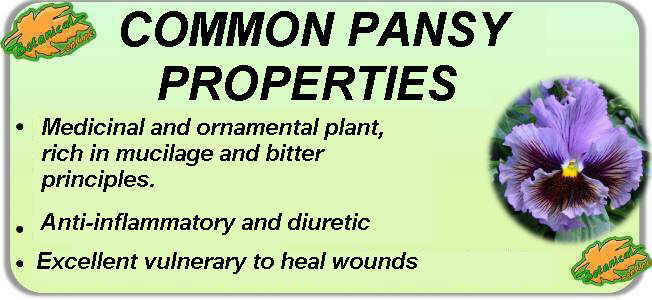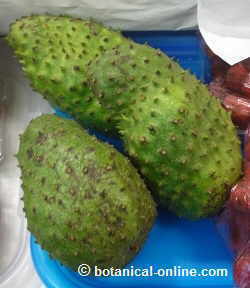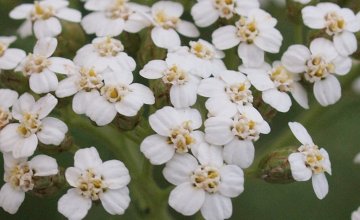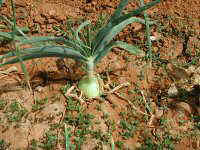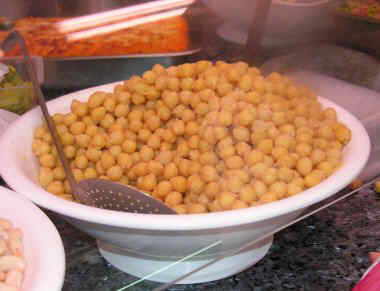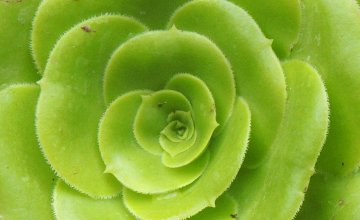Contents
- 1 Can you ingest essential oils?
- 1.1 What to do if the container states you can ingest it?
- 1.2 Read the essential oil labels carefully
- 1.3 Why should you NOT ingest essential oils?
- 1.4 Ingesting essential oils is dangerous and they are not all the same
- 1.5 Why are essential oils dangerous?
- 1.6 Essential oil consumption problems
- 1.7 What if the packaging says it can be ingested?
- 1.8 What benefits could have to ingest essential oils?
- 1.9 Symptoms of essential oil poisoning
- 1.10 Can you use the essential oil for cooking?
- 1.11 Attention! Essential oils should always be diluted
- 1.12 Is an essential oil application better than an infusion of dried herb?
- 1.13 Essential oils must be applied in external use
- 1.14 When not to apply essential oils ?
Can you ingest essential oils?
Most professionals recommend not ingesting essential oils given their multiple contraindications, and prefer to use other remedies such as infusions or medicinal plant supplements.
What to do if the container states you can ingest it?
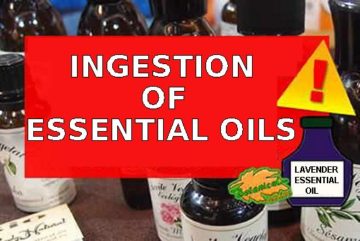
There are commercial brands that do sell essential oils for internal use, but even so, these types of treatments are not advised without the supervision of an expert.
In addition, in these cases, an essential oil can only be ingested if indicated on the package and following the instructions recommended by the manufacturer. These can be taken in very small doses, of a few drops a day.
Read the essential oil labels carefully
In most cases, essential oils are very toxic and dangerous if ingested. Therefore, the packaging clearly indicates that they are only for EXTERNAL USE. It is recommended to carefully read the warnings on the labels before using an essential oil.
Why should you NOT ingest essential oils?
In general, the ingestion of essential oils from any plant is not recommended because they contain the very concentrated active ingredients of the plant. Many of them are toxic in moderate doses and in very high doses they could be fatal.
Ingesting essential oils is dangerous and they are not all the same
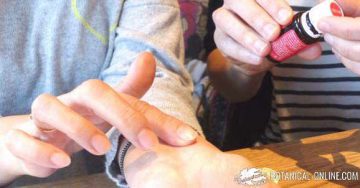
To understand the dangers of ingesting essential oils, it is necessary to explain the nature of these preparations. Experts know that the quality and composition of essential oils can vary greatly between different brands.
In other words, we can have two bottles of rosemary essential oil and each one has a completely different composition.
Essential oils are substances produced by a plant to defend against predators. Therefore, the life that the plant has had changes the composition of its essential oil: if it has grown competently, pests, in adverse or favorable cultivation conditions, etc.
For example, wild rosemary has a different composition of gardening rosemary, because the cultivation conditions are totally different: climate, irrigation, season of the year, hours of sunshine,… In addition, there are other factors that can modify this composition, such as variety of the plant and the type of collection, storage, etc.
Why are essential oils dangerous?
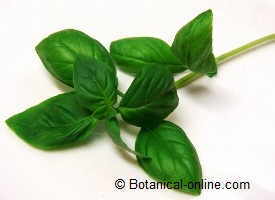
Depending on the species or variety of plant, essential oils may contain potentially toxic substances. For example, the basil that is used for cooking (broad-leaved) is edible, but there are some varieties of basil (narrow-leaved) that contain a toxic component called estragol.
Brands that sell essential oils should analyze whether their products contain toxic substances. If they are present, they must indicate on the packaging that it is for EXTERNAL USE and cannot be ingested.
Essential oil consumption problems
All this makes it very difficult to standardize essential oils and achieve them to have exactly the same components. For the same reason, there are different qualities of essential oils between trademarks. This is the main reason why they are not advised
Furthermore, it cannot be guaranteed that all the essential oils of a plant have the same properties, since as mentioned, their composition can be very different.
What if the packaging says it can be ingested?
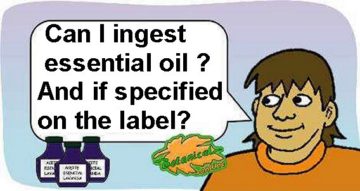
Some brands of essential oils indicate on their labels that their product can be ingested, and even specify in what dose. In any case, it is advisable NOT to ingest essential oils, but if desired, the supervision of a professional is recommended.
If the container does not indicate that this essential oil is for internal use, it should NOT be ingested. If it is only mentioned that it is suitable for external use and does not mention internal use, it should not be ingested either.
The ingestion of essential oils carries more risks than benefits, since this type of medicinal preparations contains principles of the plant in very concentrated doses.
Note: Essential oils should not be confused with vegetable oils.
What benefits could have to ingest essential oils?
In internal use, ingesting essential oils provides a concentration of the principles of the plant that are obtained by distillation, usually in a still. Normally kilos of plants are needed to produce few milliliters of essential oil.
As mentioned, using them as a medicinal treatment can be potentially dangerous since there is a lot of variety between trademarks and some essential oils contain potentially toxic or carcinogenic components.
Symptoms of essential oil poisoning
The symptoms of poisoning by essential oils can be very diverse depending on the plant. Nausea, vomiting, dizziness, abdominal pain, etc. may occur.
Some worse symptoms of poisoning are: burning throat, sputum with blood, blood in urine, muscle weakness, paranoia, delirium, memory loss, tremor, hepatitis, paralysis, dementia, arrhythmia, coma, seizures, bradycardia (dangerous decrease in pulse cardiac), cough, liver failure, clotting problems, breathing changes, kidney failure, lung congestion and death.
In the presence of any of these symptoms, and the suspicion of intoxication, you should immediately go to the doctor as poisoning and fatal complications can occur.
Can you use the essential oil for cooking?
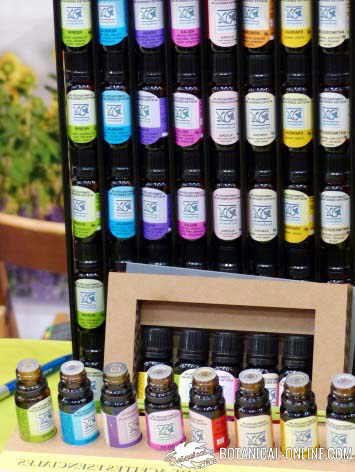
Giving a better aroma or flavor is one of the possible benefits of ingesting essential oils. For this reason some people use essential oils for cooking, for example, they add a few drops of orange essential oil in a chocolate cake.
These applications are not exempt from the aforementioned hazards.
Attention! Essential oils should always be diluted
In any case, essential oils cannot be used pure, but must always be diluted, both externally and internally.
Is an essential oil application better than an infusion of dried herb?
Erroneously, many people think that essential oils are better than the infusions of the medicinal plants from which they come, which is not true.
First, as the name itself indicates, essential oils only concentrate the principles of plants that are fat soluble. But in the infusions many more principles can be extracted from the plants (and in safer doses), such as rosemary carnosol (powerful antibiotic).
Surely many people have noticed that, when covering the infusion, bright spots appear on the surface of the liquid. Those droplets that can be seen in infusions are the essential oil of the plant.
It is recommended to consult with a phytotherapy expert on which remedy is most appropriate, according to each particular case.
Essential oils must be applied in external use
Essential oils are very beneficial in external use. For this, the essential oils are diluted in a base oil and the production of ointments and massage oils with relaxing, anti-inflammatory, antiseptic, etc. properties is also carried out … Also in soaps, creams, perfumes and aromatherapy.
When not to apply essential oils ?
The use of essential oils for children, especially for internal use, is strictly PROHIBITED. Ingestion of essential oils can cause serious and even fatal poisoning. The effect of these depends on the weight of the individual. In children, who have a much lower weight than an adult, essential oils produce a more potent and dangerous effect.
For the same reason, essential oils should always be hidden from the sight of children. (See: Are essential oils good for children?)
![]() More information on essential oils
More information on essential oils

